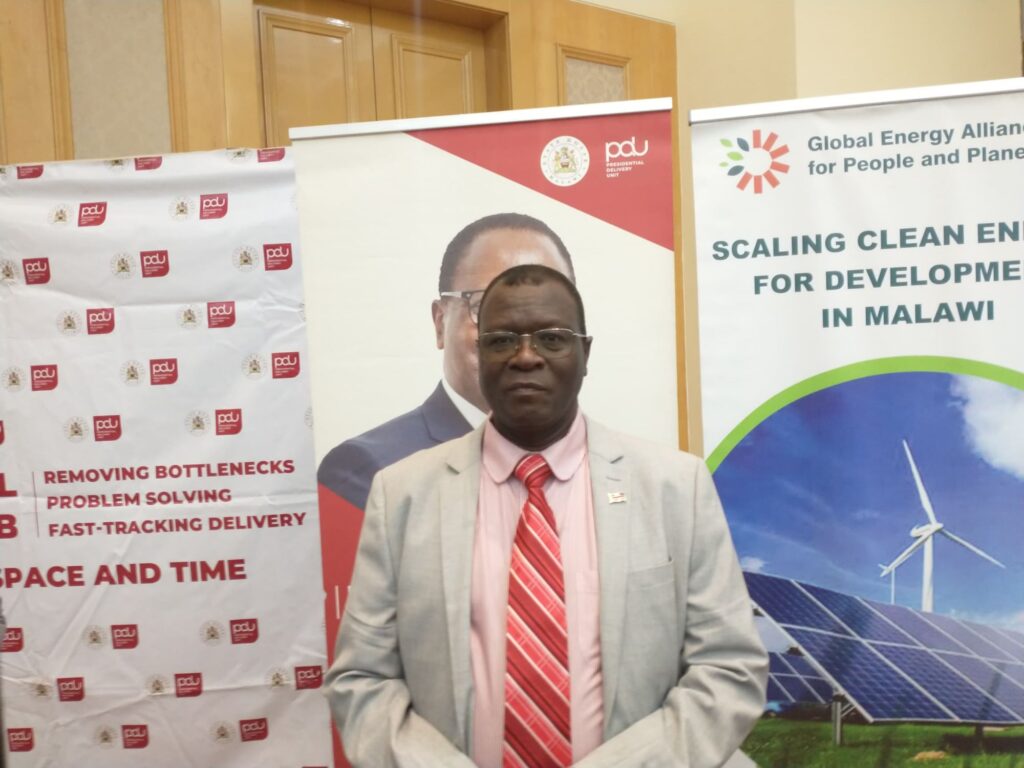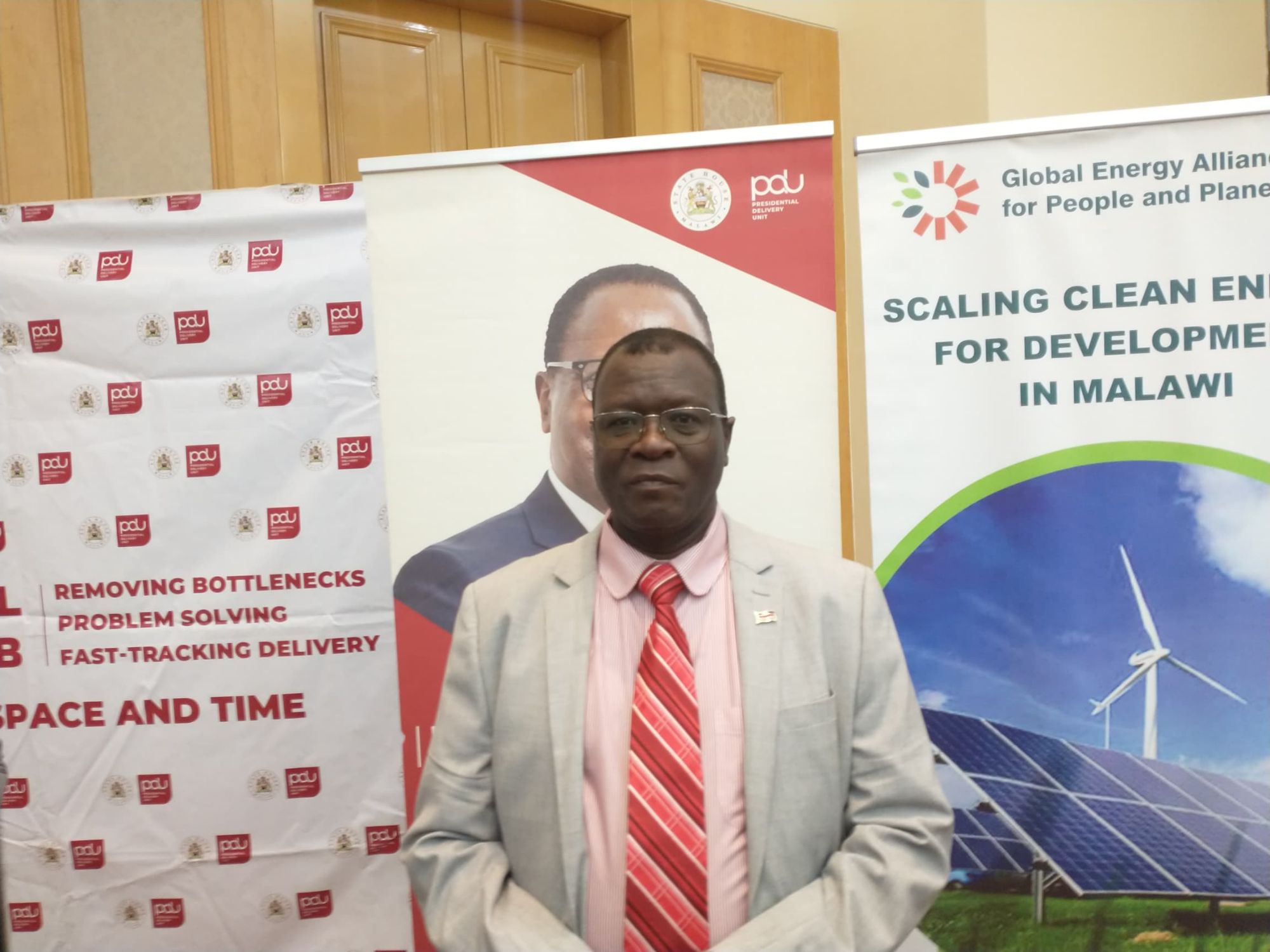By Dean Chisambo
The Presidential Delivery Unit (PDU) says Malawi is expected to get 1000 megawatts of power generation by 2030 due to the number of Independent Power Producers (IPPs) that have applied to produce power in the country.
Speaking after the closing of the two-day Pre-Lab on Integrated Resource Plan (IRP) and power sector coordination in Lilongwe on Thursday, Director at PDU Dr. Enwell Kadango said they have other IPPs which are coming from Malawi-Mozambique interconnection which is in progress to achieve the generation power plant that the country wants.
He said:”In this lab, we are basically making a plan and everyone is ready to achieve the target we have set to generate more power for the country.”

Kadango further disclosed that so far twenty-four IPPs have agreed to produce power, but right now about three IPPs are already finishing the process of signing and others are already producing and giving power to Electricity Supply Corporation of Malawi (ESCOM) which is distributing and transmitting.
He revealed that from the pre-lab they have discussed nineteen issues such as cost-effective tariffs, generation, and forex, just to mention a few, which they will take to the main delivery lab to be resolved by the key stakeholders in the energy sector.
Kadango also added that a number of issues are quite resolved, hence there are some which require further engagements with a few explorations and desk work to be done, but most of the issues are being resolved from the pre-lab.
On his part, Director of Electricity in the Ministry of Energy, Million Mafuta said the pre-lab has disclosed the issues affecting the energy sector and there is a need to provide answers for the challenges which are highlighted, hence are really affecting the sector.
Mafuta said:”I think we say those are not new and the approach that has been used before hasn’t really helped, but from this lab, we have an issue that we say moving forward, we are to identify the serious challenges that we need to resolve and what is it we need to do to address the challenges that we have observed.”
He further added that moving forward, they are going to take the issues in a different way on how they have been approaching, saying there are two sections that are going to be implemented to address the challenges.



